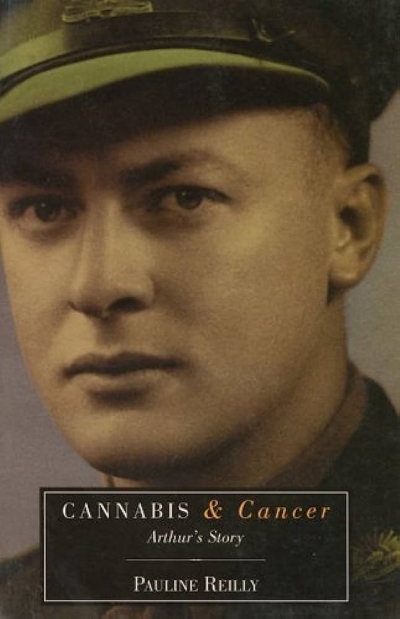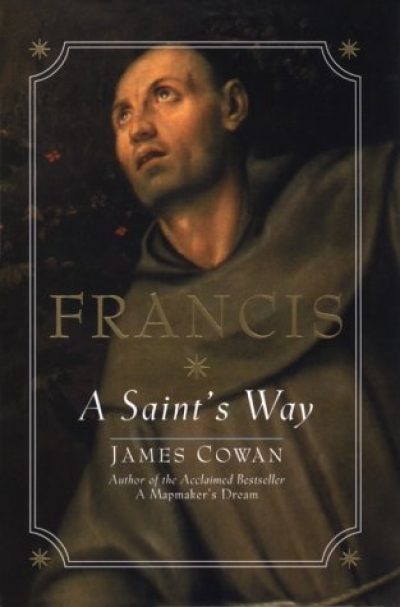Michael McGirr
Wings of the Kite-Hawk: A journey into the heart of Australia by Nicolas Rothwell
by Michael McGirr •
Cannabis and Cancer: Arthur’s Story by Pauline Reilly
by Michael McGirr •
Lady Spy, Gentleman Explorer by Heather Rossiter and Miles Lewis
by Michael McGirr •
Few people come to Gunning, NSW, population 530, for something to read. Before 1993, people came because they couldn’t avoid it. The Hume Highway used to bring 3000 semitrailers a day along the main street. ‘At least you got to read the bumper stickers,’ one resident said when I moved here’. Because it was sure as hell impossible to talk.’
... (read more)The Secret Life of Money: Exposing the private parts of personal money by Valerie Wilson
by Michael McGirr •
Intellectuals and Publics: Essays on Cultural Theory and Practice edited by Paolo Bartolini, Karen Lynch, and Shane Kendal
by Michael McGirr •
Making it National: Nationalism and Australian Popular Culture by Graeme Turner
by Michael McGirr •









